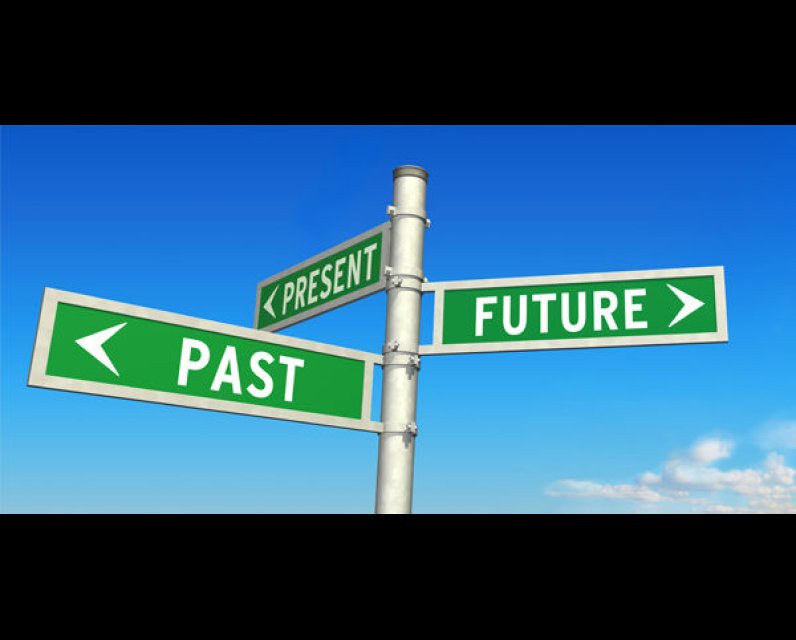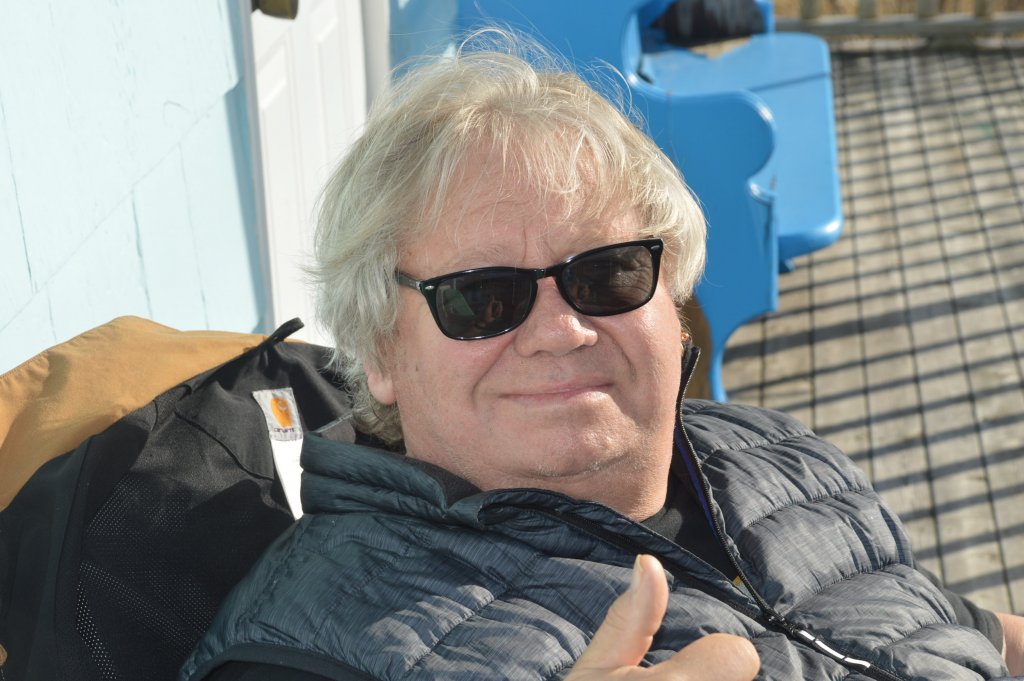Unpublished Opinions
Paul Strome’s Bio
Paul has two adult daughters and he has lived with First Nations, Inuit and Metis for a significant part of his life. After graduation from the University of Waterloo in Anthropology, he worked in the Northwest Territories/Nunavut as an educator, so he experienced the culture, language, and geographic parameters with indigenous people for 12 years. He has seen first hand how indigenous people of Canada are treated. This impassioned him to petition the government at every opportunity to bring about the United Nations Declaration of the Rights of Indigenous People.
After he moved to southern Ontario as an educator, he ran the extra-curricular Outdoor Education Club in addition to his classes, in one of the largest high schools in Canada training and taking students on canoeing, hiking, climbing, snow-shoeing and dog-sledding expeditions. He has canoed/kayaked many of Canada’s Heritage Rivers and has lived in or travelled to every province and territory in Canada which has broadened his concerns about environment and social concerns. These experiences have intensified his deep-seated love and admiration for Canada.
As an elder and David Suzuki Ambassador he has championed the Blue Dot Movement in Unama’ki and in recent years was the Atlantic Regional Representative for the Council of Canadians. He collaborates and networks for the common good with other like-minded organizations. He is well-known as an environmentalist/social activist throughout Unama’ki (Cape Breton Island) and beyond. He has met personally with many municipal, provincial and federal politicians to encourage them to adopt sustainable environmental and social changes to address climate change. He has also done the same at schools, community colleges, libraries, community halls and Cape Breton University.
Paul Strome: Our Future

While mankind’s relatives have been around for about six million years, the modern form of man has only been around for about 200,000 years. Thanks to the discovery of oil that took millions of years to create, in a little over 150 years, mankind has been able to alter Earth’s atmosphere to such a point that we have created our own, slow demise. We have created this mess so how are we going to clean it up?
Collectively we have enjoyed a life like no other previous generation. We have believed in infinite growth on a planet with finite resources. Man’s “intelligence” has created so many amazing things that we are now buried in them. Garbage fills our landfills and the plastics in our oceans are now being assumed as food by almost every living thing that lives within them.
Because of rising greenhouse gases that interact with the ocean’s surface, the ocean temperatures are rising to the point that coral reefs are disappearing at an alarming rate even though they are the birthplace for much of the life that exists in Earth’s waters. Our soil is being degraded because we are not using restorative agricultural methods and far too many poisonous chemicals that have destroyed the micro-organisms in the soil. Many agricultural scientists believe that if we don’t stop using these harmful chemicals and adopt conservation agriculture practices we will have only 60 harvests left. Conservation agriculturerelies on three major principles: maintenance of a permanent vegetative cover or mulch on the soil surface; minimal soil disturbance which means no tillage or reduced tillage; and diversified crop rotation.
Many small farmers realized these principles and have been using them for a long time but it is the immense corporate farms that are my prime focus. These
gigantic farms have been doing exactly the opposite for decades what conservation agriculture demands. Genetically modified crops and their associated chemicals have not proven to be the ‘food saviour for the world’ that agricultural corporations have promised. Once depleted, soil takes a long time to become healthy again so agricultural practices need to change dramatically over a very short period of time in order to be revitalized.
For thousands of years food from the sea has been a staple for millions and then billions of people around the world. Some marine biologists predict there will be no more commercially sustainable fish in our oceans by 2048 if we continue to harvest the oceans at the current rate (Seaspiracy). Bycatch like turtles, dolphins and hundreds of other unwanted species is a significant concern for this ‘modern’ method of fishing. A pretty accurate estimate of 63 billion pounds (40%) of the world’s harvest is bycatch and that is far too much to be called ‘sustainable’ in my mind. Trawling has left the ocean bottom scraped clean of sustainable
habitat or significantly disturbed it.
In certain places around the globe, like the western world, mankind has had an abundance that has surpassed the wildest dreams of previous generations. Many people have become complacent to the basic needs of the billions of other people in other places around the world. In locations like the Middle East, Africa and India, people have been displaced for a whole host of reasons including, but not exclusively a result of, climate change, natural disasters and wars/conflicts. Where will these people go to survive as these conditions continue to increase? They will go wherever they can to survive or they will die trying.
Man is the only animal that has the concept of a “future” and since it is the extremely wealthy and politicians who have the power to make the necessary changes for that future, we need to continue to pressure these two groups of society to make those necessary changes happen.



Comments
Be the first to comment